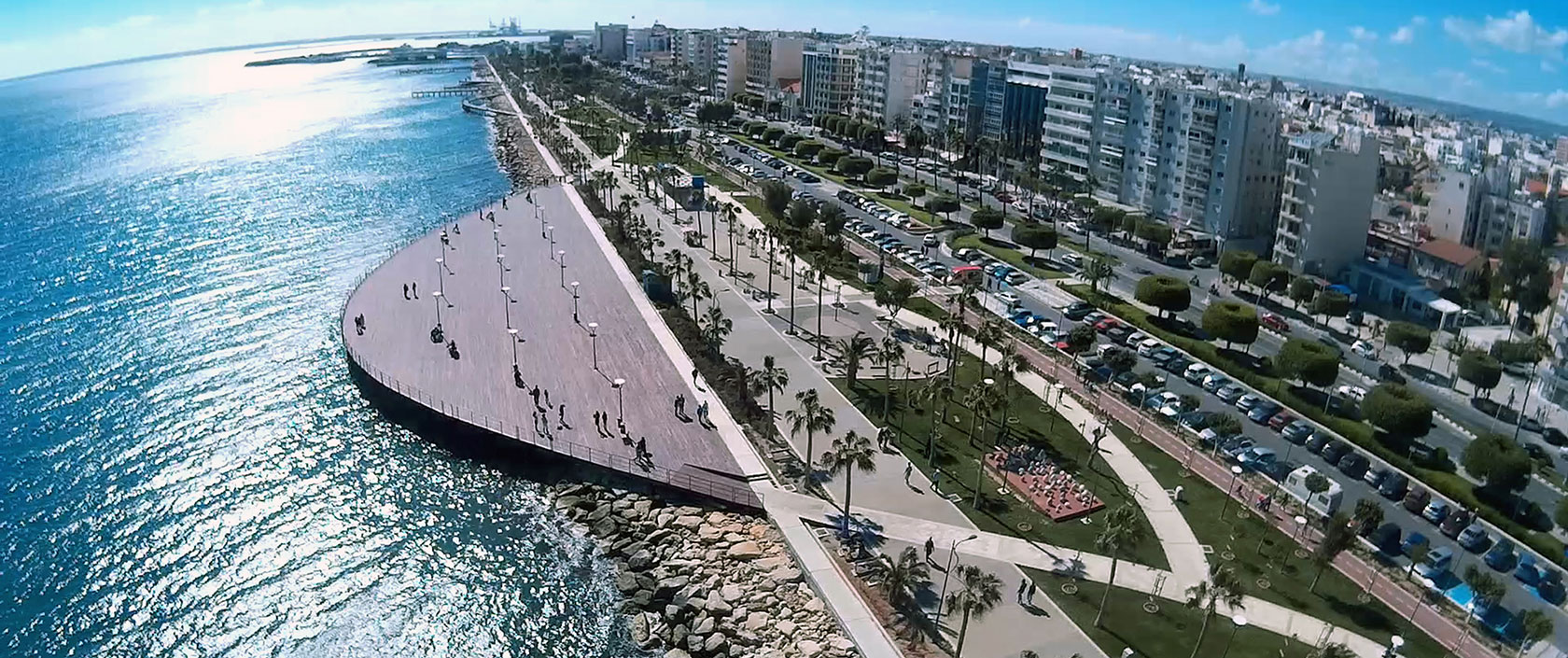Cyprus faces annual losses of €8 million and more than 16 jobs due to illicit trade in food and beverages, part of a wider threat affecting the entire European Union.
The European Union Intellectual Property Office (EUIPO) on Wednesday warned that counterfeit wines and spirits alone are responsible for €2.29 billion in sales losses and the destruction of nearly 5,700 jobs across the EU each year.
The data, released as part of EUIPO’s World Anti-Counterfeiting Day (WAD) campaign, with the title ‘What’s on your table?’, emphasises the growing threat from fake food and drink products, not only to the economy, but also to public health.
In an official announcement, the agency underlined that counterfeit products, particularly alcoholic drinks, frequently contain hazardous substances including methanol, mercury and banned pesticides, putting consumers at significant risk.
Joao Negrao, executive director of EUIPO, said the campaign seeks to “equip consumers with the knowledge they need to protect themselves, while supporting legitimate businesses that meet EU quality standards”.
He added that this is a shared responsibility between authorities, producers and consumers.
Although counterfeit goods have traditionally been associated with luxury items and fashion, food products are now increasingly targeted by criminal networks.
According to the 2022 Intellectual Property Crime Threat Assessment, compiled jointly by EUIPO and Europol, food was the second most seized product category at the EU’s external borders in 2020, ranging from biscuits and crisps to pasta and sweets.
Moreover, the 2025 Serious and Organised Crime Threat Assessment (SOCTA) from Europol points to the role of e-commerce in fuelling the spread of counterfeit goods.
Criminal groups are exploiting digital platforms to sell fakes, often using fake labels, packaging and production methods to imitate premium brands.
Alcoholic beverages, in particular, are especially vulnerable. Organised crime groups frequently refill authentic bottles with substandard or dangerous contents or apply fake labels to deceive both consumers and retailers.
As a result, the challenge for regulators and customs authorities across the bloc continues to grow.
In economic terms, EUIPO estimates show that during the period 2013–2017, the wine and spirits sector suffered more than €2.2 billion in annual lost sales, with a further €2.06 billion in lost tax revenue across the EU.
Crucially, Cyprus, while smaller in scale, is not immune to the effects.
Furthermore, China and Turkey were among the leading countries of origin for counterfeit food and drink products seized at the EU’s external borders in 2019 and 2020.
In response, EUIPO is urging consumers to remain vigilant.
Buyers are advised to purchase food and beverages only from authorised retailers or official company websites.
They are also urged to examine packaging carefully for quality, spelling errors or missing certification marks, and to check for EU geographical indication (GI) labels such as PDO (Protected Designation of Origin), PGI (Protected Geographical Indication), and SPC (Supplemental Protection Certificate).
Finally, the report mentioned that the use of modern verification tools, such as QR codes and holograms, can also help consumers confirm the authenticity of the products they purchase.







Click here to change your cookie preferences